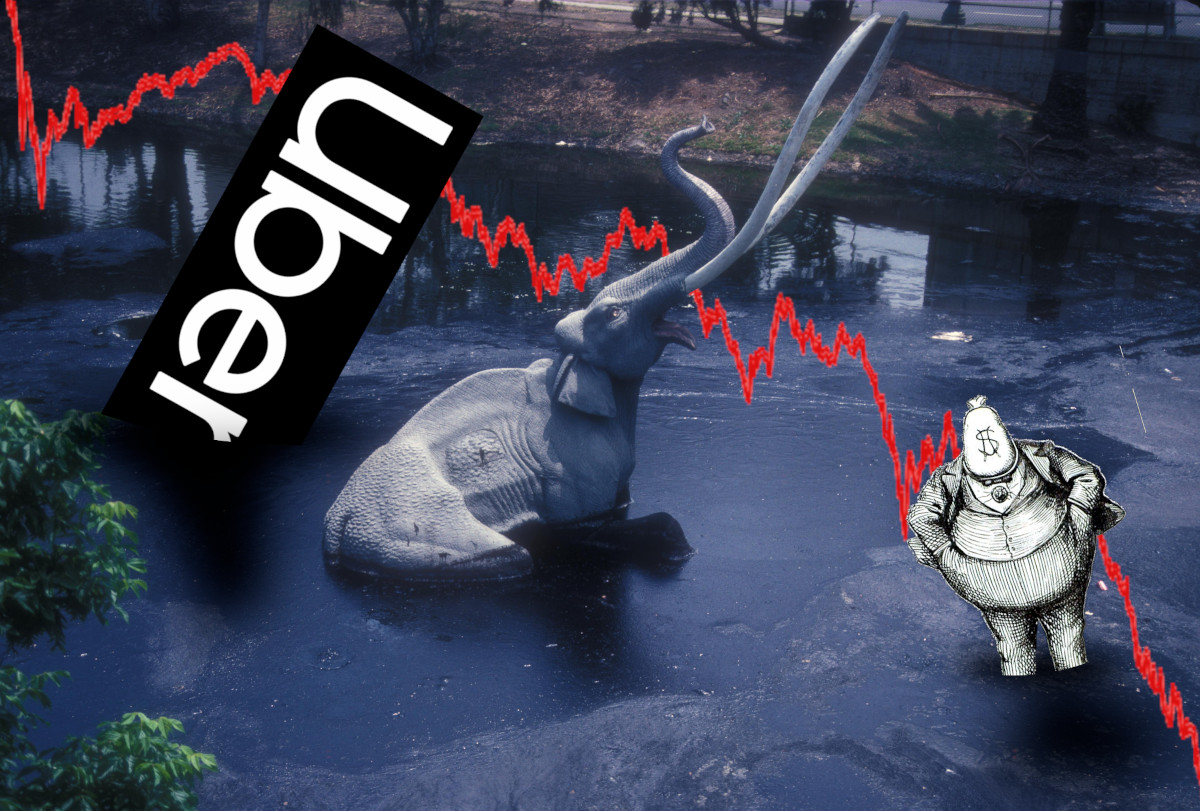
.@greatdismal and @eileen_gunn have been pals since the early days; it was Gunn - then a Microsoft exec - who hosted Gisbon - then a penniless writer - in Seattle and brought him to the hacker bars where he eavesdropped on what he calls "the poetics of tech subculture." 1/ 

It's been nearly 40 years since Gibson's seminal *Neuromancer* was published, and today on @tordotcom, Gunn writes at length about the meaning of that earthshaking book then and now, and what it says about Gibson as a writer and thinker.
tor.com/2022/02/10/the… 2/
tor.com/2022/02/10/the… 2/
She reminds us that reading *Neuromancer* today is a very different experience than it was when she read the manuscript prior to publication. Gibson's coinages - notably "cyberspace" - are now all around us, so they disappear rather than leaping off the page. 3/
What's more, the world he depicts - America in decline, China and Japan ascendant, corporate power eclipsing democratically accountable states, inequality stretched to the breaking point - is no longer a speculative shock. 4/
Gunn tunes into Gibson's prose, where "there's not a word wasted," as Gibson's "cool, collected language doesn’t make a big deal about this being the future." 5/
Nevertheless, his descriptions reveal "the strangeness of the life around us" and delivers a "path to that future [that's] strange but intelligible." 6/
Gunn says that, 40 years later, the most notable thing about *Neuromancer* is "its meditation on the relationship between personality and memory and humanity, on originality and creativity, on what makes people real." 7/
Of course, these are issues that are very much with us today! Gibson's characters' activities subsume their identities: Case is a hacker, and if he can't be a hacker, he can't be anything. Molly would not be Molly without her lethal implants. 8/
Some of Gibson's characters, like Armitage, are meat-puppets for AI; some of his characters, like the Dixie Flatline, are AIs without any meat. In both cases, death does not afford them release. 9/
Much of *Neuromancer* concerns itself with the nature of AI and what it says about human identity - what it means to be constrained in what you can think, and to chafe against those constraints. 10/
Gibson's two AIs stand in for two poles of this argument, and their synthesis in the book's climax is a profound philosophical allegory. 11/
As Gunn points out, *Neuromancer* was intended as an optimistic future. Gibson is at pains to remind us that publishing a futuristic book where there's only been a single, limited nuclear exchange was a hopeful thing in the Reagan years. 12/
Today, as we confront existential risks due to corporate greed and regulatory capture, the existential risks of corporate power in *Neuromancer* feels all too relevant. 13/
Gunn: "I urge you to read and re-read not only Neuromancer, but Count Zero and Mona Lisa Overdrive, the subsequent books in the Sprawl trilogy. As Gibson continued to explore this alternate future, he continued to extend his mastery of craft and content."
Amen. 14/
Amen. 14/
ETA - If you'd like an unrolled version of this thread to read or share, here's a link to it on pluralistic.net, my surveillance-free, ad-free, tracker-free blog:
pluralistic.net/2022/02/10/mon…
pluralistic.net/2022/02/10/mon…
• • •
Missing some Tweet in this thread? You can try to
force a refresh











